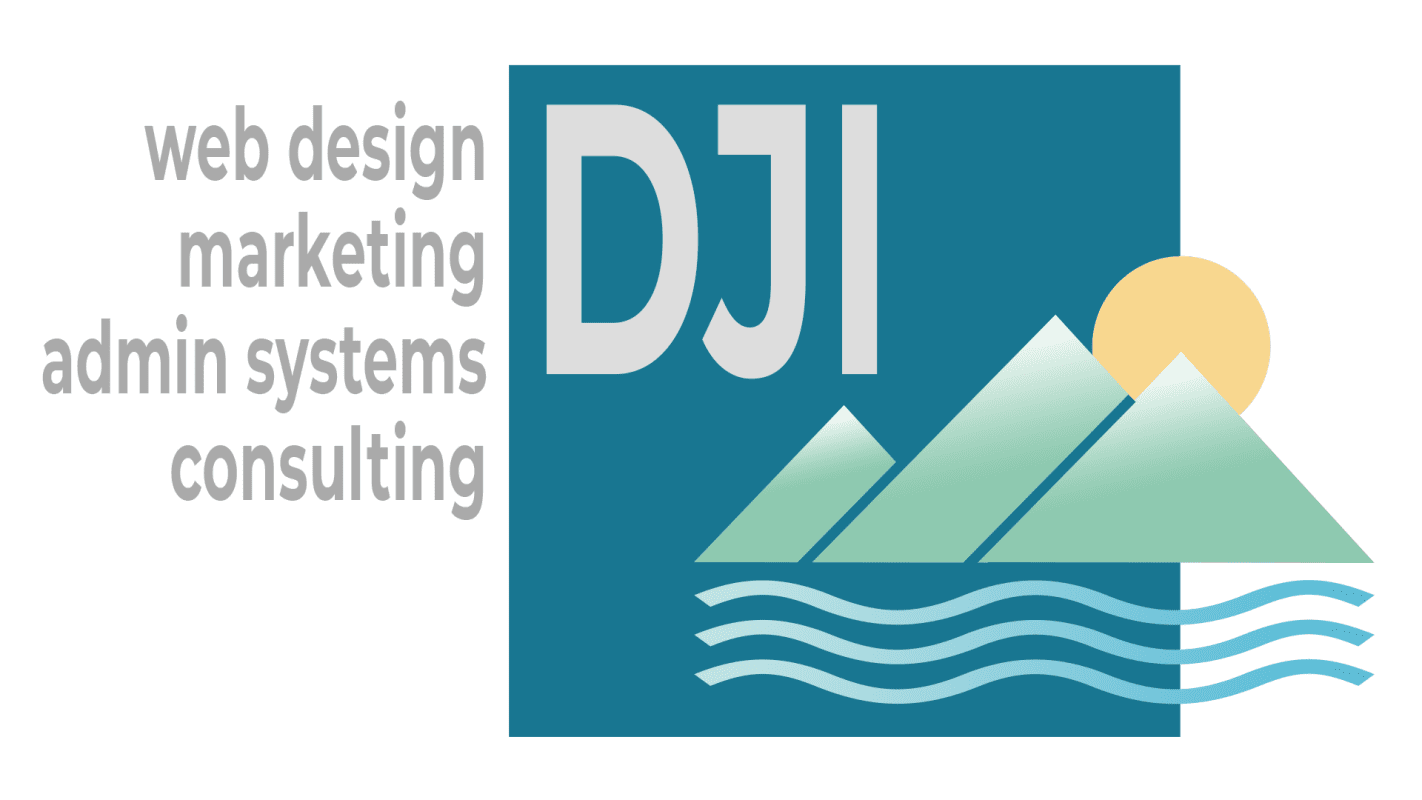Photo by Birmingham Museums Trust on Unsplash
These notes may well be significantly revised on a regular basis. If this sort of thing is of any interest I'd urge you to invest in yourself: bookmark and check back for regular updates, or perhaps even sign-up below for update notifications.
Click here to learn more about 'Pragmatics' and browse all my Notes ...
There is a good reason that my partner and I decided to call our business DJI “Systems”. We provide a range of services but all of them geared towards giving our clients access to systems which benefit their businesses. In case you’re wondering, the “DJI” bit is for David & Jan Interactive”!
When you look at productivity it’s very easy to designate anything which takes more than a single action step to achieve, as a Project. David Allen’s “Getting Things Done” methodology has become pretty ubiquitous over the last 20 years especially for small businesses. But this reinforces the theory that everything should be designated as a Project. And I’ve seen so many instances where this leads to small-business owners becoming overwhelmed with the number of projects which they are trying to see through to the designated outcome.
Some larger organisations implement Jeff Sutherland’s “Scrum” which entails agile planning and implementation in short sprints which are frequently reviewed and refined, for project delivery. This methodology however is less applicable to smaller ventures which form the predominant client size for our systems-based business services.
So, in working with literally hundreds of clients over the last 20 years, it has become very clear to us of the value of distinguishing between a Project, which is usually a one-off medium to long-term venture, and a “process”, which is something repeated and refined. And, in our experience those ventures which operate efficiently, smoothly and profitably are often underpinned by a series of processes. Sequences of actions which have been carefully defined and refined to be as streamlined as they possibly can be in all respects.
There are a series of areas for any small business which should come to the attention of the owner if they want to not only be as effective and productive as possible, but also to have as easy a ride as possible. Many people with whom I have worked came to me from a position of stress, burnout, and having identified that there were significant struggles. Even when productive and profitable, the stress which accompanied that was something which they were seeking to address.
Any area of business which can be moulded into a production line, a sequence of routine and established steps to a defined outcome will bring huge benefits to that business.
Lead Generation, Sales & Marketing
> Learn More
Billing & Accounting
These are the backbone of any business, and often the most overlooked. But this is actually one of the easiest aspects of any business to streamline, with the obvious result of the business owner being substantially less stressed. Plus the extremely valuable spin-off of being completely in control and aware of the fiscal position of the business at all times. I have seen businesses fail simply because the owner was unaware of their own financial position before it was too late to resolve.
> Learn More
Document Management
Keeping your files and business records organised is an essential skill for the business owner. Not only for statutory purposes, but also for peace of mind and the efficient running of the business. These are the usual reasons people quote to me for keeping their documents in order, but I would suggest that by far the most important reason is so that they can be referenced and acted upon to move the business forward and increase profitability. The archive of knowledge in any business is one of the most valuable and often overlooked resources.
> Learn More
Customer experience & support
Many ventures pay scant attention to sales and after-sales services. However, as any business owner will acknowledge, gaining a new customer is far more expensive and difficult than retaining an existing customer. And the likelihood of retention is substantially more heavily influenced by the customer experience during the purchase and, of course, thereafter.
> Learn More
Project Management
> Learn More
Allen, D. (2015). Getting things done : the art of stress-free productivity. London: Piatkus Books.
Sutherland, J. and Sutherland, J.J. (2014). Scrum : the art of doing twice the work in half the time. New York: Currency.










